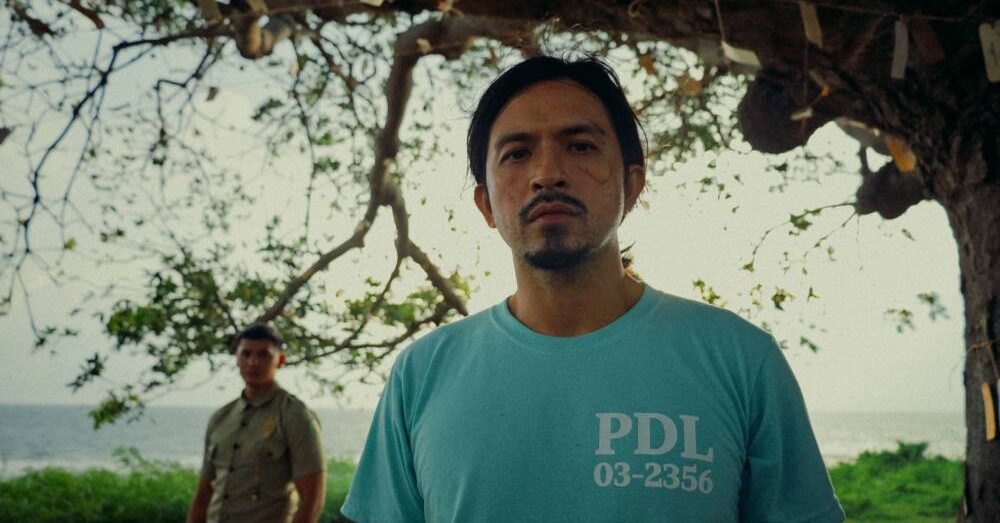NEW YORK — The more popular “The Hunger Games” trilogy becomes, the more reasons some parents and educators have found to question whether it belongs on library shelves.
For the second year in a row, Suzanne Collins’ work was among the most “challenged” books, as reported Sunday by the American Library Association’s Office for Intellectual Freedom. The association defines a challenge as “a formal, written complaint filed with a library or school requesting that a book or other material be restricted or removed because of its content or appropriateness.”
In last year’s list, when just the title book of the trilogy was in the top 10, complaints included “sexually explicit” and “unsuited to age group and violence.” Collins herself acknowledged her dystopian stories were not for everyone, telling The Associated Press at the time that she had heard “people were concerned about the level of violence in the books. That’s not unreasonable. They are violent. It’s a war trilogy.”
For the new study, which also included “Catching Fire” and “Mockingjay,” the objections were more varied, and harsher, including “Anti-ethnic; anti-family; insensitivity; offensive language; occult/satanic; violence.”
Barbara Jones, director of the ALA’s Office for Intellectual Freedom, thinks anticipation for the “Hunger Games” film led to closer criticism of the books.
“For instance, there was complaining about the choice of actors for the film,” Jones says. “You had people saying someone was dark-skinned in the book, but not in the film, or dark-skinned in the film and not in the book. In general, a lot more people were aware of the books and that led to more kinds of complaints.”
Collins declined comment through spokeswoman Tracy van Straaten of publisher Scholastic Inc. Van Straaten said Scholastic also would have no comment.
Collins’ million-selling novels ranked No. 3 on the association’s list, rising from No. 5 last year.
The most challenged works were Lauren Myracle’s tween novels “ttyl,” ”ttfn,” ”l8r” and “g8r,” cited for being sexually explicit and “unsuited to age group.” Kim Dong Hwa’s “The Color of Earth” series was second, challenged for “nudity,” ”sex education,” being sexually explicit and unsuited to age group.
The library association reported 326 challenges, a slight drop from 348 the year before, although the ALA believes that for every complaint filed several others are unrecorded. The association did not have a number for how many books were actually pulled.
The list included such classics as Aldous Huxley’s “Brave New World” (“insensitivity, nudity, racism, religious viewpoint, sexually explicit”) and Harper Lee’s “To Kill a Mockingbird” (“offensive language, racism”). Also cited were Sherman Alexie’s “The Absolutely True Diary of a Part-Time Indian” (“offensive language, racism, religious viewpoint, sexually explicit, unsuited to age group”), Cecily von Ziegesar’s “Gossip Girl” series (“drugs, offensive language, sexually explicit”) and Phyllis Reynolds Naylor’s “Alice” series (nudity, offensive language, religious viewpoint”).
Others mentioned were Sonya Sones’ “What My Mother Doesn’t Know” (“nudity; offensive language; sexually explicit”) and “My Mom’s Having A Baby! A Kid’s Month-by-Month Guide to Pregnancy,” by Dori Hillestad Butler (“nudity, sex education, sexually explicit, unsuited to age group”).
The biggest surprise was the absence of “And Tango Makes Three,” the picture story by Justin Richardson and Peter Parnell about two male penguins who raise a baby penguin. “Tango” had topped the list four out of the five previous years.
“I’d like to think people are getting more tolerant of the theme of homosexuality,” Jones said. “But maybe other books are just getting more attention. Young adult novels are the big thing right now and we’re getting a lot more feedback about them.”













































